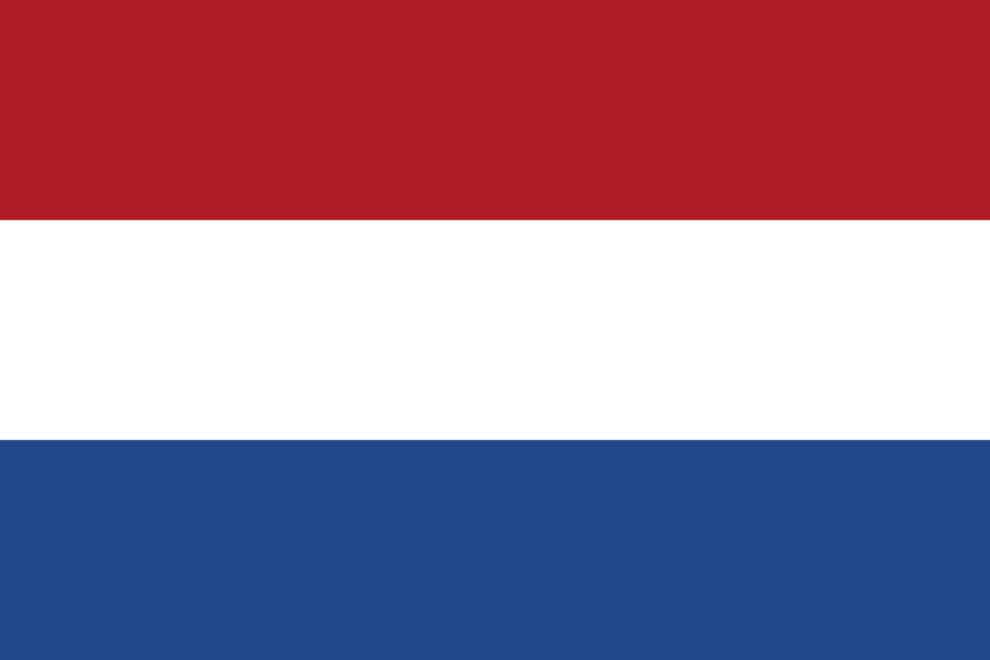Far-right Dutch leader Geert Wilders tried to jump-start his bid to form a governing coalition Tuesday, appointing a new “scout” to lead the process just a day after his handpicked choice quit over fraud allegations.
Wilders, whose stunning general election win on Wednesday sent shockwaves through the Netherlands and the whole of Europe, faces an uphill battle to persuade others to join him in government.
And the already difficult process collapsed in chaos when his first choice, Gom Van Strien, was forced to step down on Monday following reports of fraud at a previous company. “Not my dream start,” admitted Wilders.
The new “scout” is former Labour Party education minister Ronald Plasterk. His job is to shuttle between party leaders and work out who is prepared to work with whom.
Plasterk, 66, who has also served as interior minister, as well as university lecturer, columnist and cancer researcher, won “broad support” from top party leaders, according to Lower House chairwoman Vera Bergkamp.
“It is important that after a false start, we get the conversation back on track,” Bergkamp told reporters.
Wilders described Plasterk as a “creative mind with great political experience, but also distance” from politics.
“I thought it was a good idea to choose someone from another party… he himself agreed with that,” added the 60-year-old firebrand.
In his first news conference as scout, Plasterk said reporters might be surprised to see him standing before them — “but no one is more surprised than me.”
“The outcome of the election is also surprising for many but the country needs to be governed,” added Plasterk.
He said he would get down to work immediately, meeting the party leaders with the aim of reporting back to parliament early next month.
– ‘Little political games’ –
Despite repeatedly stressing he has moderated his more extreme views on Islam and immigrants, Wilders still faces an uphill battle to convince others to serve under his PVV Freedom Party.
The PVV manifesto calls for a ban on Korans, mosques and headscarves, plus a referendum on leaving the European Union and halting weapons supplies to Ukraine.
His preferred coalition is with the pro-reform NSC party of Pieter Omtzigt (20 seats), the BBB farmers party (seven seats), and the centre-right VVD party (24 seats).
Wilders won an unexpected 37 seats and needs 76 MPs in the 150-seat parliament to form a workable majority.
Omtzigt has declared a willingness to talk, the BBB party seems a shoo-in to join forces but the VVD, the current ruling party, has ruled out serving in a Wilders-led cabinet.
VVD leader Dilan Yesilgoz, who was born in Turkey and came to the Netherlands as an eight-year-old following her asylum-seeker father, has said she would “support” a centre-right cabinet.
But with the loss of 10 seats compared to the previous election, Yesilgoz has said the voters do not seem to want the VVD in the coalition, drawing fire from Wilders and even some in her own party.
“The voter has sent a very clear signal: we cannot keep going as we were. We will live up to our responsibilities, but in a different place,” Yesilgoz told reporters.
Wilders has accused Yesilgoz of playing “little political games” and said that if everyone shows willingness to compromise, the talks could be wrapped up “in a couple of weeks”.
However, history suggests otherwise.
The last government of outgoing Prime Minister Mark Rutte took 271 days to form and most experts do not expect an administration in place until well into next year.
